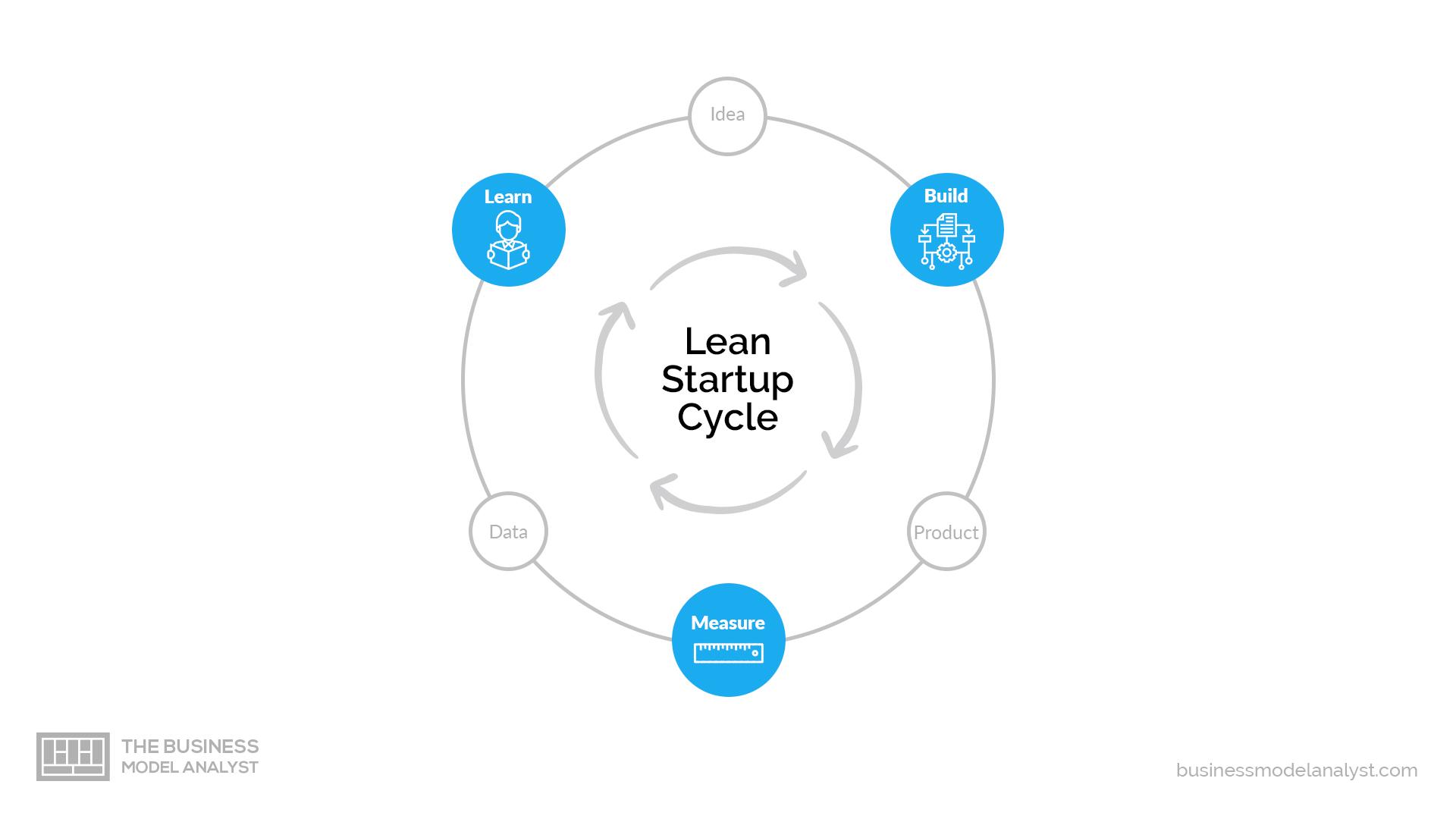Lean, Lean Thinking, Lean Startups, and Lean Enterprises
In this blog post, we will explore what lean is, and how you can apply it to your business. We'll also take a look at lean startups and lean enterprises, two variations of the Lean methodology.

Overview
Lean is a way of thinking and working that has been used by many companies to improve the speed and quality of their product development. It's based on the idea of agile development, which focuses on delivering value to customers as quickly as possible. In this blog post, we will explore what lean is, and how you can apply it to your business. We'll also take a look at lean startups and lean enterprises, two variations of the Lean methodology.
History of Lean
The history of lean can be traced back to the early 1900s, when Taiichi Ohno, a Japanese businessman and engineer, developed the concept of Just In Time (JIT) manufacturing. JIT is a production methodology that reduces waste and improves efficiency by delivering products to factories just in time for production. This eliminates the need for inventory, which can be costly and time-consuming to manage.
What is Lean?
So, what is Lean? In its simplest form, Lean is a way of thinking that prioritizes speed and quality. It's about creating value for customers as quickly as possible, while eliminating waste in the process. This means that every step in the product development cycle should be focused on delivering value to the customer.
Lean in software development and delivery is about creating value for customers as quickly as possible, while eliminating waste in the process. It's about delivering software that meets customer needs, and ensuring that the process is as efficient as possible. This means that every step in the software development cycle should be focused on delivering value to the customer.
Lean Thinking
Lean Thinking is the name given to the philosophy behind Lean. It's a way of thinking about work that emphasizes efficiency and waste reduction. The goal is to create value for the customer while minimizing waste.
Lean Startup
Lean Startups are startups that use the Lean methodology to build their products. They focus on delivering value to customers as quickly as possible, while eliminating waste in the process.
The lean startup is a methodology for building startups. It's based on the idea of agile development, which focuses on delivering value to customers as quickly as possible. In the lean startup methodology, the focus is on delivering value to customers through a minimum viable product (MVP). This means that the product is built with the minimum amount of features and functionality needed to satisfy the customer. The goal is to get feedback from customers as quickly as possible, so that the product can be improved and refined.
Lean Enterprise
Lean Enterprises are companies that have adopted the Lean methodology for their product development. Like Lean Startups, they focus on delivering value to customers as quickly as possible, while eliminating waste in the process.
This means that they are constantly looking for ways to improve the speed and quality of their product development. In order to do this, they need to be agile and responsive to customer feedback. They also need to have a culture of continuous improvement, which means that they are constantly looking for ways to improve their process.
Applying Lean
Now that you know a little bit about Lean, let's take a look at how you can apply it to your business.
There are three key principles of Lean: eliminate waste, build quality in, and deliver value to the customer.
Eliminate waste
The first principle is to eliminate waste. Waste can take many forms, but it generally includes anything that doesn't add value to the customer. This could be things like unnecessary steps in the product development process, or duplicate work. Identifying and eliminating waste is an essential part of Lean.
Build quality in
The second principle is to build quality in. This means that every step in the product development process should be focused on delivering a high-quality product to the customer. Quality should never be sacrificed for speed.
Delivery value
The third and final principle is to deliver value to the customer. Value can take many forms, but it generally includes anything that the customer perceives as being beneficial. This could be things like a new feature or a faster delivery time. Whatever it is, it's important that you focus on delivering value to the customer throughout the product development process.
Closing Thoughts
So there you have it: an introduction to Lean Thinking, Lean Startups, and Lean Enterprises. These are all methods for creating value for customers while minimizing waste. If you're looking to improve your product development process, then these are some things worth exploring. Thanks for reading!

